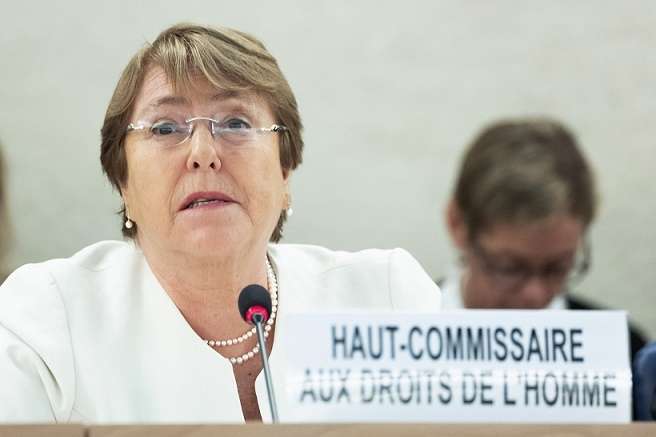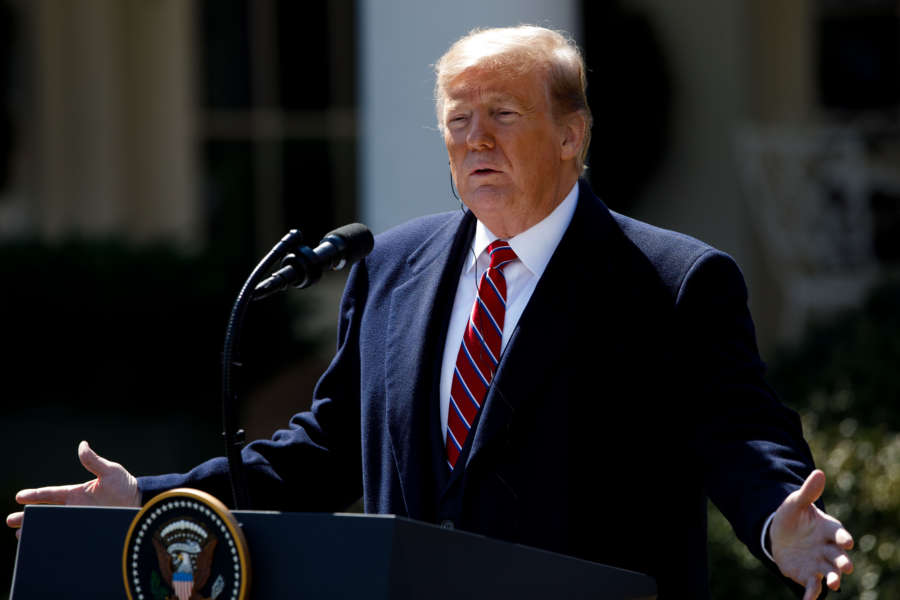
The Covid-19 and the resulting multifaceted crisis have unmasked the strong link between race, ethnicity, socio-economic status and health outcomes, and the pre-existing inequalities should be effectively addressed to build a better world, the UN human rights chief said.
Speaking at the first day of the 45th regular session of UN Human Rights Council on Monday, UN High Commissioner for Human Rights Michelle Bachelet said it would discuss how human rights-based policies could help to shape the impact of this pandemic, reports Xinhua news agency.
“A number of states have been able to count on adaptable human rights-based systems for key services, such as healthcare and social protections. The importance of these pre-existing systems for the delivery of fundamental rights could not be overstated,” she said.
In today’s context, the UN rights chief added, social protection represented a critical tool for facilitating access to health care, protecting people against poverty and ensuring the satisfaction of basic economic and social rights.
Martha E. Newton, deputy director-general for policy at the International Labor Organization (ILO), said at the session that the right to equality and non-discrimination, to work, to social security, to safe and healthy working conditions, and to just and favourable conditions of work must be at the centre of the socio-economic response to the pandemic.
According to Newton, women had been and continued to be impacted disproportionately by the pandemic.
Mike Ryan, executive director of the World Health Organization Health Emergencies Program, said that the needs of older generations should be seen as a rights issue, and the international community could not leave behind women, migrants, older people, refugees and children.
The Human Rights Council on Monday opened its 45th regular session here at the UN’s Geneva headquarters.
The session will last for over three weeks until October 6.








